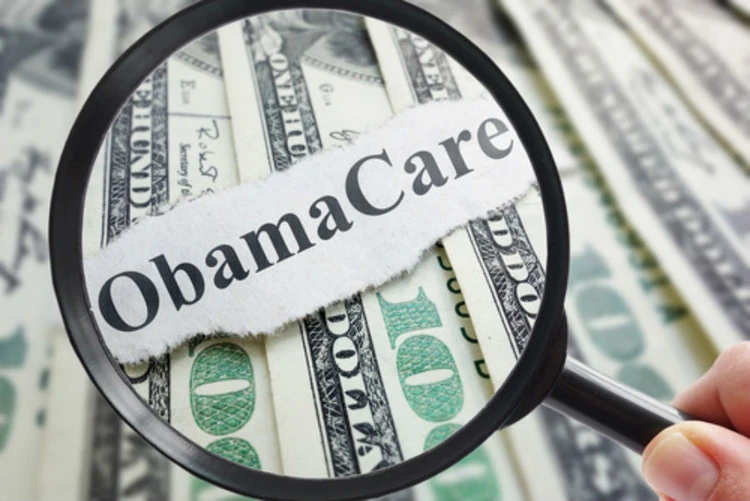October begins open season for changes in health insurance plans under the Affordable Care Act (ACA), also known as Obamacare. Consumers are now reviewing their options, which are increasingly not that good.
For Minnesota consumers, the hikes in health plan premiums are breathtaking.
Minnesota Commerce Commissioner Mike Rothman has released the 2017 rates for individual and small group plans, noting they are increasing to the point of not being sustainable. The only way they remain affordable for consumers, he says, is taxpayers will pick up a bigger part of the bill through tax credits.
Currently, some 250,000 Minnesota residents get health benefit coverage through individual policies while a similar number are covered by small group policies through small employers.
Premiums rising as much as 67%
The Minnesota exchange has seven participating insurers in the individual market, which should give consumers plenty of choices. But all seven are raising their 2017 premiums from 50% to 67%. For consumers not eligible for tax credits, that will mean a huge increase in health care costs.
The premium increase is much less in the small group market. In Minnesota, the ten companies providing coverage are decreasing rates as much as 1% or raising them as much as 18%.
Rothman says Minnesota consumers who have coverage through Obamacare should take steps now to see if they qualify for increased federal tax credits. If they do, those credits can be automatically applied to the premium hikes to lessen the impact of the premium increases.
The tax credits apply to individual policies purchased through Mnsure, the Minnesota exchange, for people with incomes up to 400% of the federal poverty level. The top income for tax credit eligibility next year is $47,520 for a single person and $97,200 for a family of four.
Part of a national trend
Rothman says the Minnesota premium hikes are part of a national trend. He says nearly all states are looking at double-digit increases.
Some states have also seen large benefit providers withdraw from Obamacare exchanges this year. Most recently, Aetna announced it would be withdrawing from most Obamacare exchanges next year. The company said it is simply losing too much money to continue its participation.
In April, United Health Group announced that it was pulling out of most of the 34 states where it has been providing coverage. It also said it had experienced higher than expected losses from participating in the program, that was enacted in 2009.
From the beginning, Obamacare has been a highly partisan issue, with Democrats strong defending it from Republican attacks. But the latest events – skyrocketing premiums and a shrinking number of providers, have raised new questions about the future of a program intended to provide affordable health coverage to all Americans.
